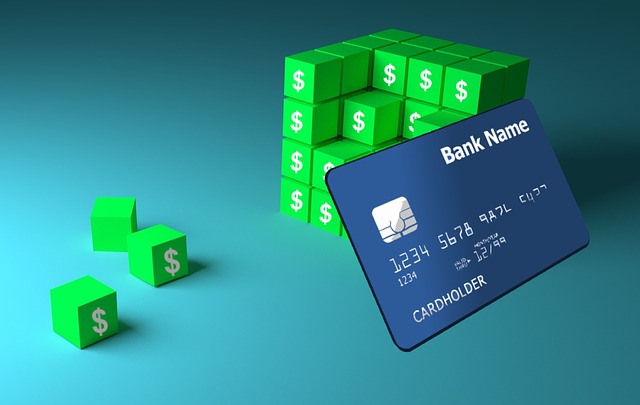Credit cards are very important assets; they are our emergency financial resources. In case of unexpected occurrences, the credit card can be your way out, providing immediate funds. Furthermore, they also help in boosting your credit score when you pay on time. Avoid maxing out your limit and use them appropriately. If you are a frequent credit card user, you might have noticed that there are some credit card statements filled with acronyms you don’t understand. Many users have aired their concerns wanting to know what those abbreviations and acronyms mean.

When you are checking your agreements, statements or card status, it is a must that you learn the acronyms. Learning these abbreviations and acronyms will not only help you understand your rights as a customer but also comprehend your finances. We have noticed that many credit card users are having a difficult time trying to understand these acronyms. It is for that reason that we have done a guide to credit card acronyms, one that will help you know everything to do with credit card acronyms.
Common Credit Card Acronyms
If you run a business that accepts credit cards, you must have come across many acronyms that you didn’t understand. Below are some of the common acronyms that might be hard to understand.
- ACH: This stands for automatic clearing house. ACH is a credit card acronym that shows a business accepts checks or any other form of payment that requires routing numbers or bank account. It processes quite a large amount of debit and credit card transactions.
- API: It stands for application program interface. API is basically a collection of instructions that directs software programs on how to communicate with one another.
- EMV: This stands for Europay, MasterCard, and Visa. Recognized as three of the 6 credit card firms that led to the innovation of chip cards, these companies built a standard for the modern payment methods in the US. EMV is also an acronym that refers to smart chip technology that provides more measures for approval beyond what was formerly offered by magnetic stripe credit cards. It is highly recommended that any retail business looking to accept credit cards should use an EMV reader.
- ETA: This is among the most confusing acronyms. It stands for Electronic Transactions Association. ETA is a global trade union that supports the payment industry through resources, lobbying and education.
- FBH: Stands for full balance hold. FBH occurs when the bank declares that you don’t meet the necessary requirements to start accepting credit cards. Despite the fact that you will still be able to operate under a full balance hold, the bank will hold funds until you make necessary corrections. Such changes might be phone number display, product page information, pricing etc.
- CVV: This acronym stands for Card Verification Value, and it refers to the three digits found on the back of a credit card or the four digits on the front side of American Express. The numbers are used during CNP transactions to verify that the cardholder has the card.
- CNP: This stands for Card Not Present, which refers to those transactions that are done in the absence of the card or without face-to-face interaction which could be through telephone orders, mail or online.
- CHD: This stands for Card Holder Data which comprises of billing address, CVV, expiration date, account number, and the name written on the card.
Conclusion
Knowing what most credit card acronyms mean is very important for everyone. This guide to credit card acronyms contains some of the most common acronyms that will go a long way in improving your credit card knowledge. It will also help you know your consumer rights.

